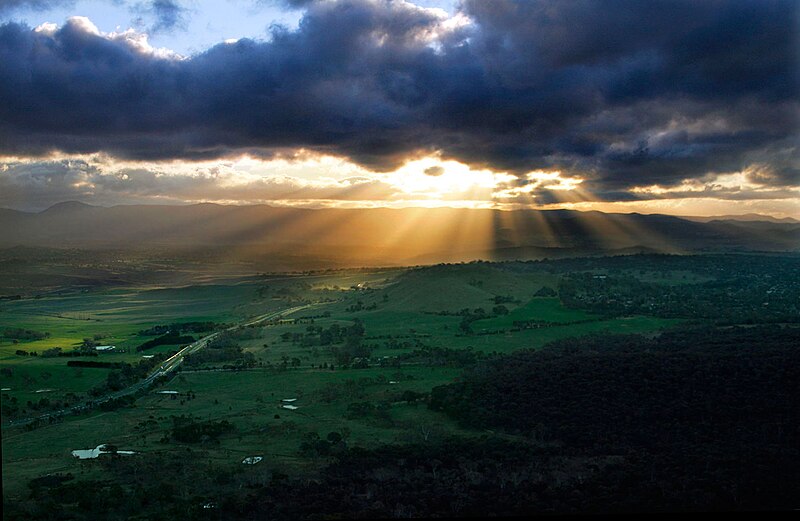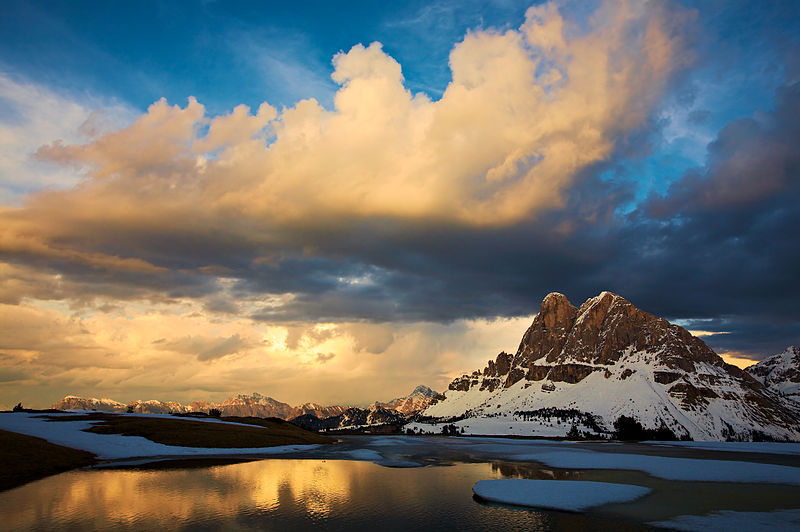
Some thoughts about Luke 24:36-48 as we look to the third Sunday in Easter.
While they were talking about this, Jesus himself stood among them and said to them, “Peace be with you.” 37They were startled and terrified, and thought that they were seeing a ghost. 38He said to them, “Why are you frightened, and why do doubts arise in your hearts?
(A note: I think it’s silly to cut off the front part of verse 36, trim Jesus’ words, and skip the ending of Luke’s Gospel. To me, it makes more sense to go ahead and read 36-53.)
For many, Easter is a one-day thing that quickly recedes into the background of daily life. There is work to be done. The dogs need walking. Children need feeding. Laundry demands our attention. And political noise fills too much of the airwaves and social media. This Sunday’s worship should draw us back into the wonder of Easter and the grace of a shared table.
Easter doesn’t mean death isn’t real. There is still war in Gaza and Ukraine and other places that do not reach our attention. People still face deadly diseases and tragic sorrows. Death still grasps at us. But Easter means that God has spoken to create a future when the future seems lost.
This is what our Gospel text means when it says that Jesus “opened their minds to understand the scriptures” and declared that “everything written about me in the law of Moses, the prophets, and the psalms must be fulfilled.”
The great drama of the scriptures is the story of death and resurrection. The scripture is not a law book dropped from heaven or a purity code for a special people. And it is certainly not a science text or history book. It is a narrative about God and the world, a story of dead ends and new life.
God’s good and beautiful world is racked by human violence and the devastating word that God is sorry for making humans – but then God rescues the creatures of the earth with Noah and his family. After the flood, the line of Shem comes to a grinding halt in the barrenness of Sarah, but then God gives them a son. The promised son’s life is threatened by Abraham’s knife, but the knife is held back and a ram given. Jacob wrestles with God at the river Jabbok with enemies behind and before him, and walks away with a new name: Israel. Joseph lies betrayed and in prison as a deadly famine haunts the future, but the prison door is opened. The descendants of Jacob fall into bondage in Egypt and pharaoh commands the death of their male children, but the people are saved and a way is opened through the sea and the desert. Again and again and again this pattern of hopelessness and unexpected new life is repeated in ways big and small. Ruth finds a home and become the grandmother of David. City and temple, King and priests, are destroyed by the Babylonians and the people are carried off in chains, but the call comes to build a highway in the desert. God’s way is not our way, the prophets declare: God forgives. God creates. God redeems. Dry bones are brought to life.
The death and resurrection of Jesus doesn’t fulfill certain predictive proof-texts, it embodies and fulfills the whole drama of a life-giving, redeeming God and a rebel world. That’s what we need to hear when we let Jesus open our minds to understand the scriptures. This God manifest in the Bible and in Jesus is not a god who validates and defends the established order of power and privilege in the world; God is a god who creates a future when the future is lost – a future of mercy and faithfulness and care of one another, a future where all gather at a shared table.
The communion table – where we eat with the risen lord – is both promise and witness of that new day when every debt is lifted and every tear wiped away.
+ + +
Some other thoughts about the Gospel text:
A “ghost”?
The Greek word translated ‘ghost’ is the same word as ‘spirit’. How differently it sounds if we read: “They were startled and terrified, and thought that they were seeing a spirit.”
The word “ghost” has a distinctive meaning in our culture that’s significantly different than seeing a being from the spirit realm.
Not “doubt”.
Verse 38 is translated “Why do doubts arise in your hearts?” We get the English word ‘dialogue’ from the Greek word that is translated here as ‘doubt’. This is not the same Greek word translated doubt in the story of Thomas last week (which also didn’t mean doubt, but faithlessness). This word is about a back and forth mental debate about what is happening and what it means.
The heart, in the world of the first century, is the place where decisions get made. So this is about the community puzzling over how to respond to the appearance of Jesus among them.
About Jesus eating
The physicality of Jesus connects their present experience with the life they lived with Jesus. They are not meeting some apparition different from the historical Jesus conveying some new spiritual truth. This is the Jesus they have known and followed calling them to continue the work of healing and life he embodied.
Jesus eats with them not just to demonstrate his physicality, but because eating with people is what Jesus always did. Jesus is bringing the banquet of God, the wedding feast of the new day when every debt is lifted and all things made new. And he is eating with us as we gather around the table each Sunday morning.
The ongoing work
Thus it is written, that the Messiah is to suffer and to rise from the dead on the third day, 47 and that repentance and forgiveness of sins is to be proclaimed in his name to all nations, beginning from Jerusalem.
The proclamation that we are released from our debt to God and called to show allegiance to Jesus is an essential part of the whole biblical message. The scripture is not just about Jesus’ death and resurrection, but the proclamation of God’s life-giving work to all the world.
Abraham and their descendants were to be a source of blessing to the world. That essential work continues in those who show allegiance to God and Jesus.
A possible Prayer of the Day:
God of Wonder and Grace,
as the risen Lord Jesus
opened the minds of his followers
to understand the scriptures,
open our hearts and minds
that, hearing your voice,
we might rejoice in his presence
and bear faithful witness
to your imperishable love.
Or a shorter form:
God of Wonder and Grace,
who brought forth Jesus from the tomb
and revealed him to his followers,
grant us confidence in your mercy
and courage to bear witness
to your imperishable love.
+ + +
For previous reflections on the texts for 3 Easter B follow this link.
Photo: https://commons.wikimedia.org/wiki/File:Woman_Reading_the_Bible_1.jpg; Tonny Mpagi, CC BY-SA 4.0 <https://creativecommons.org/licenses/by-sa/4.0>, via Wikimedia Commons
New Revised Standard Version Bible, copyright © 1989 National Council of the Churches of Christ in the United States of America. Used by permission. All rights reserved worldwide. http://nrsvbibles.org
© David K Bonde, 2024, All rights reserved.


 Watching for the Morning of April 15, 2018
Watching for the Morning of April 15, 2018









 “Have you anything here to eat?”
“Have you anything here to eat?”

